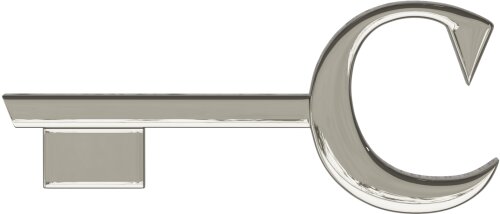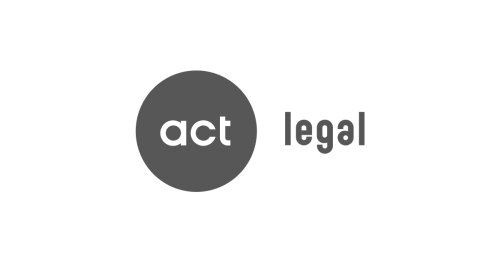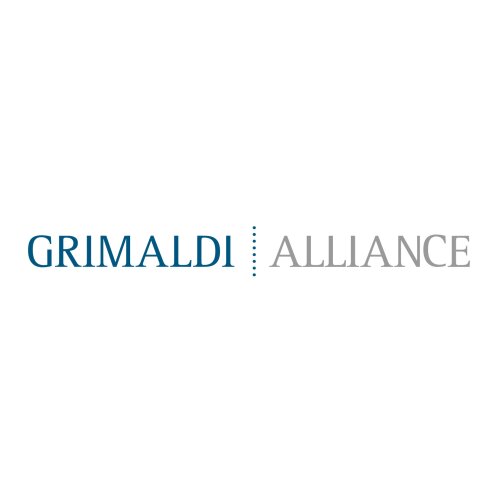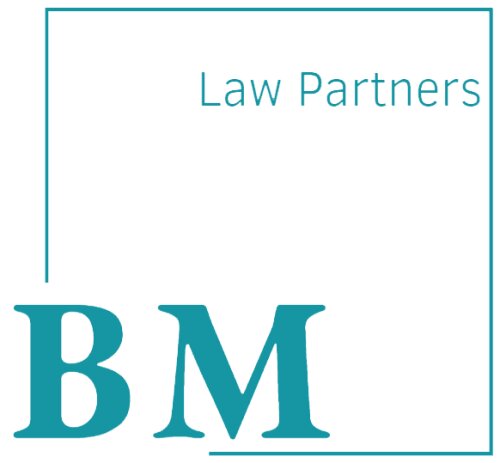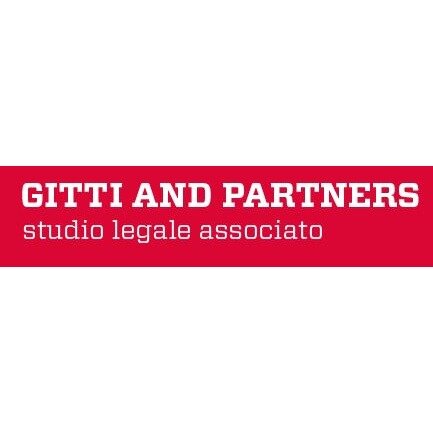Best Climate Change Law Lawyers in Milan
Share your needs with us, get contacted by law firms.
Free. Takes 2 min.
List of the best lawyers in Milan, Italy
About Climate Change Law in Milan, Italy
Climate Change Law in Milan, Italy refers to the collection of local, regional, national, and European Union (EU) regulations and policies aimed at addressing climate change and reducing its impact. Milan, as both a leading economic hub and a city with ambitious environmental targets, follows a range of rules and policies that focus on limiting greenhouse gas emissions, increasing energy efficiency, promoting sustainable construction, and encouraging renewable energy. The city aligns its climate initiatives with national strategies, such as the National Energy and Climate Plan, as well as with international commitments like the Paris Agreement.
Why You May Need a Lawyer
Navigating Climate Change Law can be complex, particularly as Milan and Italy continue to update their legal frameworks in response to evolving environmental challenges. You may need a lawyer if you are:
- A developer, builder, or company planning new construction or redevelopment projects in Milan that must comply with sustainability regulations.
- A business seeking clarity on carbon reporting, emissions caps, or environmental permits.
- An individual or organization concerned about the legal implications of waste management, renewable energy installation, or urban mobility policies.
- Facing administrative proceedings, inspections, or potential penalties for alleged violations of climate-related laws.
- Engaged in negotiations involving green finance, carbon credits, or eco-investment incentives.
- Questioning municipal plans, such as the expansion of low-emission zones, or seeking to participate in public consultation processes.
- Impacted by or interested in climate litigation, disputes, or seeking compensation for climate-related damages.
Local Laws Overview
Milan's legal landscape on climate change is shaped by a combination of municipal, regional, national, and EU-level directives. Important aspects include:
- Energy Efficiency and Construction: Milan enforces minimum energy performance standards for new buildings and major renovations, requiring compliance with the EU's Energy Performance of Buildings Directive and national implementation decrees.
- Emissions Control: The city implements Italy's National Emissions Ceilings and participates in initiatives like the European Emissions Trading System, regulating major polluters and requiring reporting and permitting for significant sources of emissions.
- Vehicle Restrictions: Milan has introduced an "Area B" and "Area C" low emission zones, restricting high-emission vehicles and promoting alternative transportation.
- Renewable Energy: Laws incentivize the installation of solar panels, heat pumps, and other renewable technologies, especially for new builds and public infrastructure.
- Waste Management: There are strict rules governing recycling, waste collection, and disposal, especially for businesses and large construction projects.
- Green Procurement and Public Tenders: Public contracts often require adherence to environmental criteria, rewarding eco-friendly solutions and sustainable building materials.
- Climate Adaptation Initiatives: Milan supports urban greening, water management, and heat reduction projects as part of its adaptation to a changing climate, with specific rules and incentives available.
Frequently Asked Questions
What is Climate Change Law and how does it affect me in Milan?
Climate Change Law includes all regulations, standards, and policies that aim to mitigate or adapt to climate change. In Milan, this affects building standards, transportation, business operations, and waste management, impacting individuals and organizations alike.
Which authority enforces climate-related laws in Milan?
Enforcement is shared among the City of Milan, the Region of Lombardy, Italian national ministries, and specialized agencies. For EU-level rules, bodies like ARPA Lombardia may also play a role in supervision and compliance.
Are businesses in Milan required to report on their carbon emissions?
Certain businesses, particularly those in high-impact sectors and large companies, are required to monitor and report emissions under national and EU regulations. Smaller entities may be affected depending on their activities.
Can I get financial incentives for installing renewable energy systems in my property?
Yes. Milan residents and businesses may access tax deductions, grants, or low-interest loans for solar panels, heat pumps, and other green improvements, as provided by national and regional programs.
What are the rules for driving in Milan's low emission zones?
Vehicles with higher emissions are restricted or banned from entering specific areas, like Area B and Area C, during set hours. Fines may apply for violations. There are exemptions for electric vehicles and certain residents.
Do the laws apply to renovations as well as new construction?
Yes. Major renovations must comply with the latest energy efficiency, waste, and materials standards, especially if a building's footprint, use, or key systems are significantly altered.
How can my business ensure compliance with climate regulations?
Consult with a lawyer specializing in climate and environmental law. They can review your operations, advise on compliance, and assist with permits, environmental impact assessments, and reporting obligations.
Can individuals or advocacy groups participate in climate decision-making?
Yes. Milan and Italian law provide mechanisms for public participation in urban planning, environmental assessments, and certain policy processes, often requiring public notice and feedback opportunities.
What happens if I do not comply with climate regulations?
Non-compliance may result in administrative fines, criminal sanctions (in severe cases), or civil liabilities. You may also face orders to halt or rectify unlawful activities.
Can I challenge a climate-related rule or decision in Milan?
Yes. There are legal avenues to challenge regulations or decisions, such as appealing to the Regional Administrative Tribunal or higher courts. Legal guidance is recommended for such procedures.
Additional Resources
People in Milan seeking information or assistance with Climate Change Law can turn to:
- The City of Milan's Department of Environment
- ARPA Lombardia (Agency for Environmental Protection of Lombardy)
- Ministry for the Environment and Energy Security (Ministero dell'Ambiente e della Sicurezza Energetica)
- Chamber of Commerce of Milan, Monza, Brianza, and Lodi (for business advice)
- Local environmental organizations, such as Legambiente Lombardia and WWF Italia
- Italian Bar Association or local legal clinics specializing in environmental and climate law
- European Union's official climate and energy web portals for EU-wide rules and funding opportunities
Next Steps
If you believe that you need legal assistance with a climate-related issue in Milan, take the following steps:
- Identify the specific problem or project at hand and gather relevant documentation, such as permits, citations, or planning materials.
- Research local lawyers or law firms with expertise in Climate Change Law and environmental regulation.
- Request an initial consultation to discuss your situation, potential risks, and options.
- Ask about the lawyer's experience with similar cases, their familiarity with local and EU regulations, and the likely timeline and costs involved.
- If necessary, prepare to involve technical experts for environmental assessments or project documentation.
- Stay updated on Milan's climate laws and city initiatives, as rules and incentives can change frequently.
Prompt legal advice can help prevent costly enforcement actions, identify funding and incentives, and ensure compliance with all climate-related duties in Milan.
Lawzana helps you find the best lawyers and law firms in Milan through a curated and pre-screened list of qualified legal professionals. Our platform offers rankings and detailed profiles of attorneys and law firms, allowing you to compare based on practice areas, including Climate Change Law, experience, and client feedback.
Each profile includes a description of the firm's areas of practice, client reviews, team members and partners, year of establishment, spoken languages, office locations, contact information, social media presence, and any published articles or resources. Most firms on our platform speak English and are experienced in both local and international legal matters.
Get a quote from top-rated law firms in Milan, Italy — quickly, securely, and without unnecessary hassle.
Disclaimer:
The information provided on this page is for general informational purposes only and does not constitute legal advice. While we strive to ensure the accuracy and relevance of the content, legal information may change over time, and interpretations of the law can vary. You should always consult with a qualified legal professional for advice specific to your situation.
We disclaim all liability for actions taken or not taken based on the content of this page. If you believe any information is incorrect or outdated, please contact us, and we will review and update it where appropriate.






